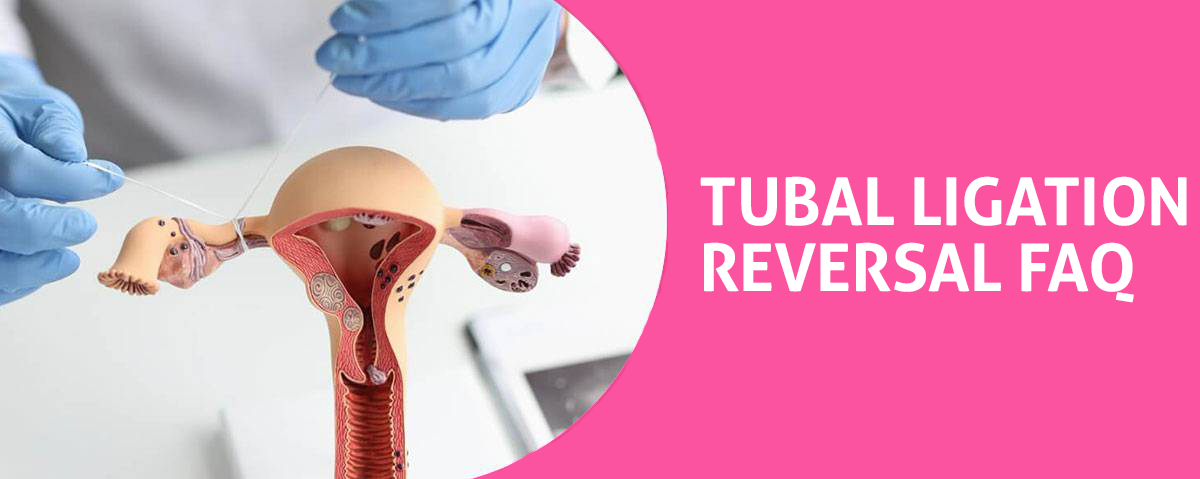How Are Tubal Ligation and an IUD Different?
You’re mulling over birth control options and you’ve got questions. Tubal ligation or an IUD, which is right for you? Let’s demystify these two. We’ll delve into what they are, their effectiveness, risks, and other considerations. It’s your body, your choice. Having the right information can make all the difference. So, let’s dive in, shall we?
What You Need To Know About Tubal Ligation
In your journey to understand tubal ligation, it’s crucial to know it’s a surgical procedure aimed at preventing pregnancy permanently. The ligation procedure involves blocking or sealing off your fallopian tubes. This prevents the egg from reaching the uterus for fertilization, effectively preventing pregnancy.
Post surgery care is critical to ensure a smooth recovery. You’ll likely face some discomfort, but rest assured, pain medication will be available if needed. It’s important to follow all your surgeon’s advice, from wound care to resuming regular activities. Remember, this procedure is irreversible, so it’s important to be sure of your decision. With this knowledge, you’re better equipped to make an informed choice about your reproductive health.
In-depth Look at IUDs
Now, let’s delve into your other option, an IUD, which is a completely different form of contraception. The IUD insertion process is usually quick and performed by a healthcare professional. It involves placing a small, T-shaped device into your uterus through your cervix. IUDs come in two types: hormonal and non-hormonal. Hormonal IUDs release a small amount of progestin, which thickens cervical mucus to prevent sperm from reaching the egg. Non-hormonal IUDs release copper, which is toxic to sperm. Each type has its own benefits and potential side effects. It’s important to discuss with your healthcare provider to determine which is best for you. Remember, your choice should align with your body, lifestyle, and reproductive goals.
Comparing Effectiveness and Risks
Often, you’ll find yourself wondering about the effectiveness and potential risks of both tubal ligation and IUDs. In terms of effectiveness, both methods are highly reliable, with tubal ligation being almost 100% effective and IUDs having a success rate of over 95%. However, they differ significantly in terms of procedure recovery and side effects. Tubal ligation is a surgical procedure that requires recovery time, whereas an IUD involves a non-surgical, quicker procedure with immediate recovery. Side effects for tubal ligation can include discomfort and potential long-term hormonal changes, while IUD side effects may consist of irregular periods and cramping. It’s crucial to consult with your healthcare provider to understand these differences and make an informed decision about what’s best for you.
Considerations for Decision Making
Weighing the benefits and drawbacks of tubal ligation and IUDs is an important part of your decision-making process. You should consider your personal preferences and lifestyle considerations. Tubal ligation is permanent, so it’s ideal if you’re certain you don’t want more children. However, it’s a surgical procedure with associated risks and recovery time.
On the other hand, an IUD is reversible and requires no surgery. It can be removed if you decide to have children or experience side effects. However, it must be replaced every 3-10 years, depending on the type. It’s crucial to discuss these factors with your healthcare provider, considering your health, future plans, and personal comfort. Your decision should align with what’s best for your body and life.
Other Popular Questions About Tubal Ligation Reversal:
How Dangerous Is Tubal Ligation?
How Common Is Weight Gain After Tubal Ligation?
How Common Is Tubal Ligation Failure?
How Common Is Regret After Tubal Ligation?
How Common Is Recanalization After Tubal Ligation?
How Common Is It to Get Pregnant 7 Years After a Tubal Ligation?
How Can You Tell if Your Tubal Ligation Failed?
How Can You Still Have Periods After Tubal Ligation Anatomy?
How Can You Have a Period After Tubal Ligation?
How Can I Tell What Type of Tubal Ligation I Had?
How Can I Reverse Tubal Ligation?
How Can I Prevent Early Menopause After Tubal Ligation?
By using this webiste you agree to Terms and Conditions
